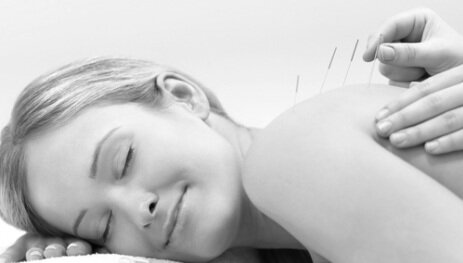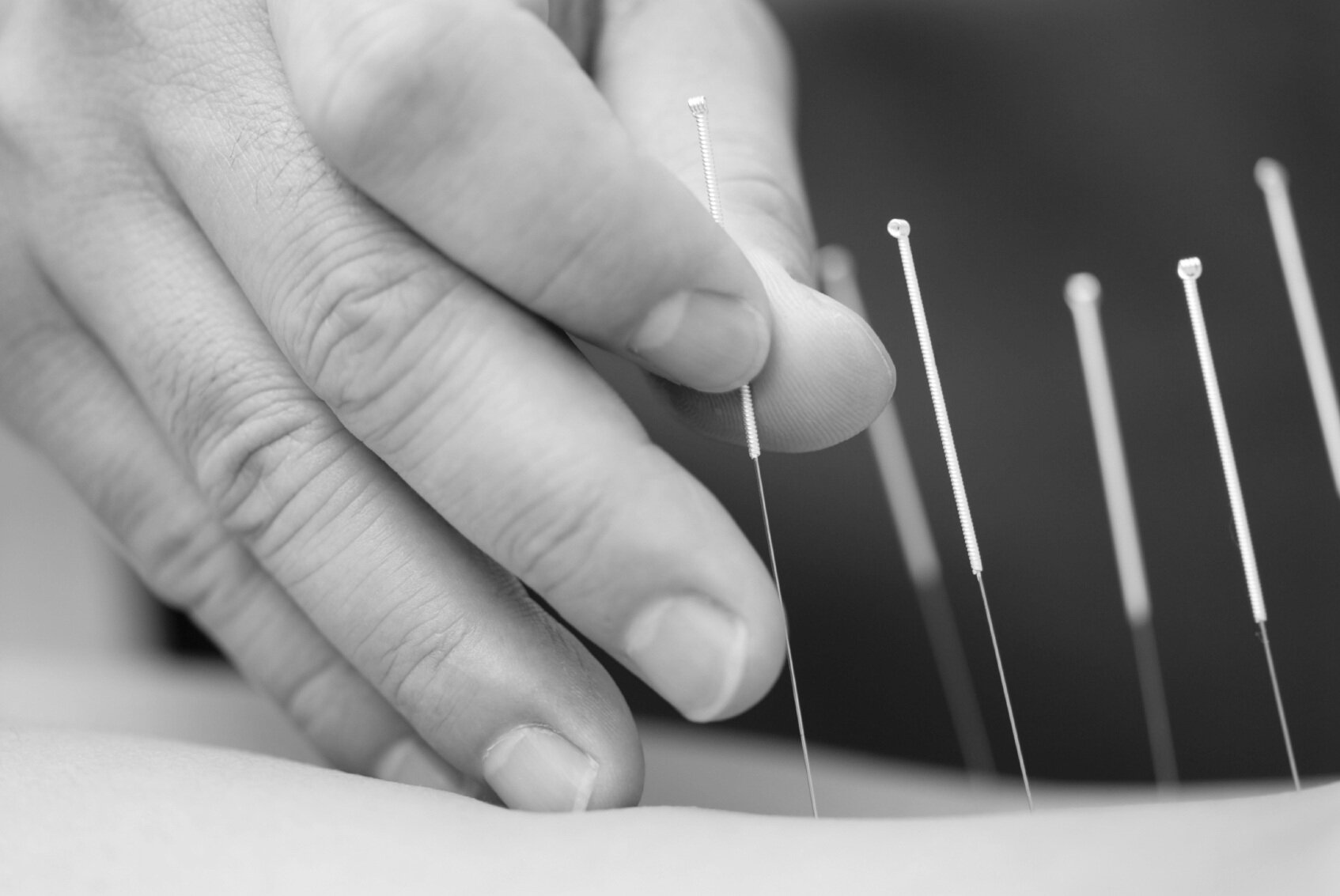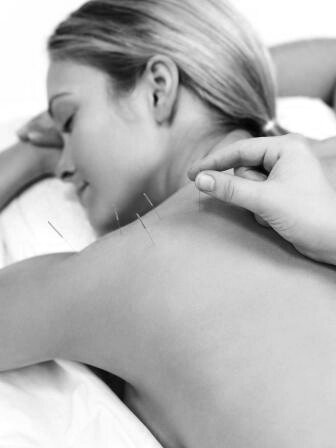How can Acupuncture help?
Introduction
According to the NHS:
Acupuncture is a treatment derived from ancient Chinese medicine in which fine needles are inserted at certain sites in the body for therapeutic or preventative purposes.
It is often seen as a form of complementary or alternative medicine (CAM), although it is used in many NHS general practices, as well as the majority of pain clinics and hospices in the UK.
Theory
Western medical acupuncture is the use of acupuncture after a proper medical diagnosis. It is based on scientific evidence that shows the treatment can stimulate nerves under the skin and in muscle tissue.
This results in the body producing pain-relieving substances, such as endorphins. It is likely these substances are responsible for any beneficial effects seen with this form of acupuncture.
What is it used for?
Acupuncture practitioners use acupuncture to treat a wide range of health conditions.
It is often used to treat pain conditions such as headache, lower back pain and osteoarthritis.
Does it work?
Currently, the National Institute for Health and Care Excellence (NICE) only recommends considering acupuncture as a treatment option for chronic lower back pain, chronic tension-type headaches and migraines. NICE makes these recommendations on the basis of scientific evidence.
There is also some evidence that acupuncture works for a small number of other problems, including neck pain.
Having acupuncture
When it is carried out by a qualified practitioner, acupuncture is generally very safe. Some people experience side effects such as feeling drowsy or dizzy, but these are usually mild and short-lived.
If you are unsure whether acupuncture is right for you or someone you know or if you have any questions, then feel free to contact me here.



